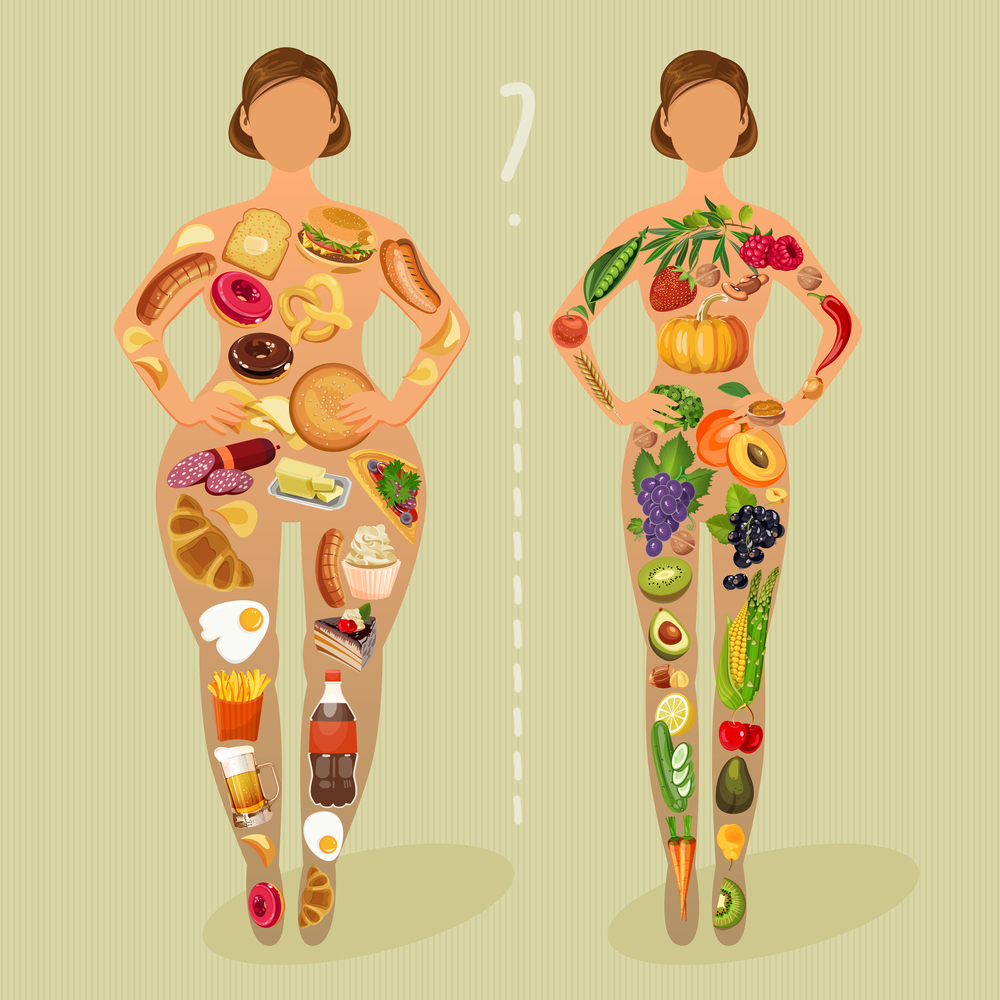
How to prevent weight gain in the treatment of obesity?
Have you ever felt that every effort to lose weight was in vain? How many times do we carry out diets or programs for weight loss and obesity control, however, after some time everything goes back to how it was before?
Understand more about the causes of this accordion effect.
One of the biggest difficulties in treating obesity is to prevent the lost weight from returning after every effort made to lose weight and reach the desired state. Several factors can influence this accordion effect, one of the main reasons is that people highly value weight loss, however, they do not associate this with a behavioral change strategy, or simply stop the use of medication suddenly (if the patient will use), after reaching the goal. For these reasons, weight regain often occurs after some time.
It is known that when the body loses weight, it changes the metabolism for weight recovery, that is, the body adapts itself so that weight loss does not continue. Studies have shown that for every 1kg of weight lost, hunger increases by 100Kcal / day and also decreases our resting metabolic rate.
How then to avoid regaining weight and cancel the accordion effect?
One of the main pillars for treating obesity is the diet. And what is the best diet? The diet that the person can maintain in the long term (for life). Studies show that very restrictive or radical diets, the patient has a great chance of abandoning them and not replacing with another one. So we must prioritize balanced diets associated with dietary reeducation, prioritizing vegetables, fruits, vegetables and lean meats, as an example.
Another pillar of treatment is physical activity, being one of the most important factors for maintaining weight. Many complain about the lack of time to exercise, but some studies show that even doing a few minutes a day (15 minutes of walking) is already much better than not doing any physical activity. It is known that in relation to weight maintenance, the higher the level of daily physical activity maintained, the lower the risk of regaining weight.
Behavioral strategies should be part of treatment . A practical example is, when going to parties or events, to plan what you are going to eat and comply with the plan. Thus, one should not decide what to eat when at the table, as the risk of overdoing it increases considerably. Studies confirm that when planning, there is a substantial reduction in calories consumed.

How to get help in this process and reach your goal?
Consult an obesity specialist, an endocrinologist may be the best solution for your obesity treatment , in some cases it is necessary to use medications both in the loss phase weight, as in the weight maintenance phase. This depends on how the weight loss process went, psychological factors and complementary diagnoses of eating disorders that the patient may have. The specialist must individualize the treatment according to the complaints and associated diseases that the patient may have (depression, high blood pressure), to check the use of medications in a prolonged way.
Therefore, for the treatment of obesity to be effective, importance must be given to maintaining the lost weight. Just as the hypertensive patient does not cease medication after normalizing blood pressure, the obese patient should not cease treatment without monitoring by his endocrinologist after reaching his goal.
Want to know the best treatment for you? Schedule your appointment with Dr. Claudia Virmond and have the obesity treatment ideal for you.
Opening Hours
| Monday – Friday | 8:00 am – 5:30 pm |
| Saturday – Sunday | Closed |




